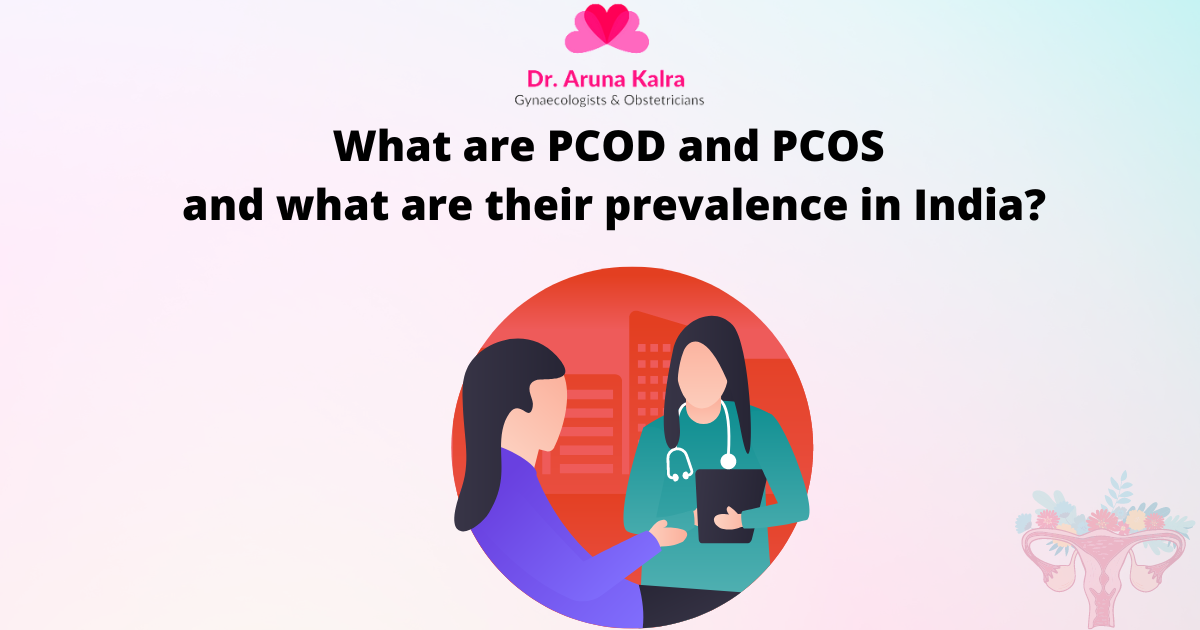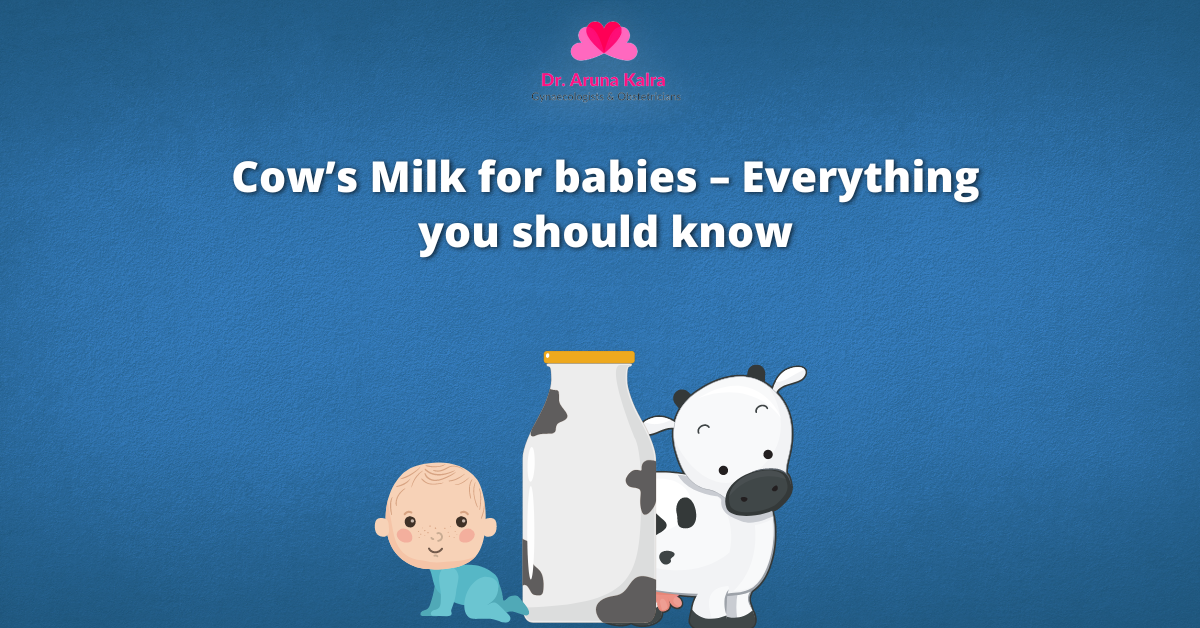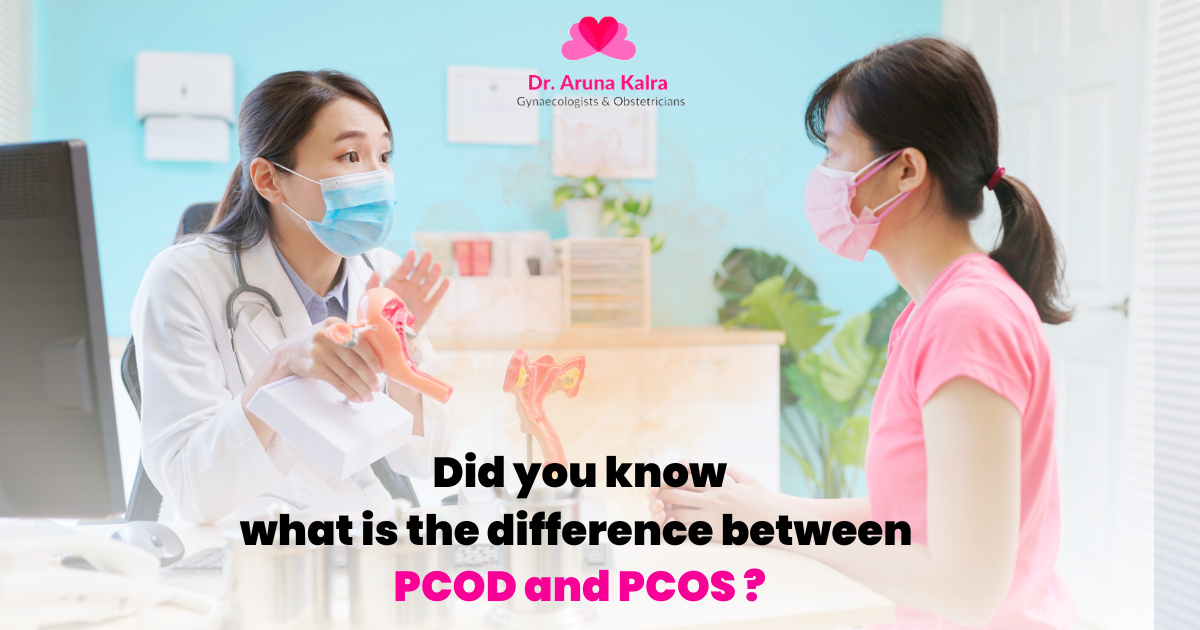
What are PCOD and PCOS and what are their prevalence in India?
Poly Cystic Ovarian Syndrome and Poly Cystic Ovarian Disease are both health conditions associated with the ovaries and hormonal imbalance in women with comparable symptoms, abbreviations of which are often used interchangeably, but are they really the same? We got in touch with two experts to better understand the differences between PCOD and PCOS and bust some myths:
PCOD (Polycystic Ovarian Disease) is a medical disorder in which a woman’s ovaries frequently generate immature or partially mature eggs, which eventually develop into ovarian cysts. Due to this, the ovaries enlarge in size and release a lot of androgens. This can lead to various issues like infertility, irregular menstruation periods, hair loss, and unnatural weight gain. Dietary changes and lifestyle adjustments can help with PCOD management.
A woman with PCOS (Polycystic Ovary Syndrome) will experience hormonal imbalance during her reproductive years (between ages 12 and 51). Increased levels of male hormones can cause women to skip menstrual cycles, have irregular ovulation that makes it difficult to get pregnant and experience abnormal hair growth on their bodies and faces at the same time. Over time, this can result in diabetes and heart disease. PCOS is a significant medical issue that needs to be treated surgically or with the appropriate medical care.
Studies show that 20 percent of Indian women (one in every five) have either PCOS or PCOD.


